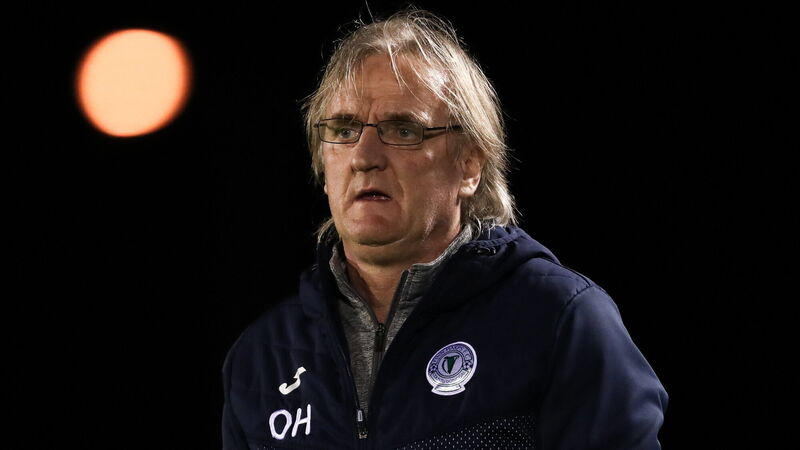Tommy Martin: Glamour, no. But with Finn Harps the ride is always interesting

ORIGINAL OF THE SPECIES: Losing 11 players, including their top three goalscorers Finn Harps’ chances of survival rest with manager Ollie Horgan, a near-mythical figure in League of Ireland soccer.
The least fashionable of the unfashionable. The most marginal of those on the margins. The dreamiest of dreamers.









